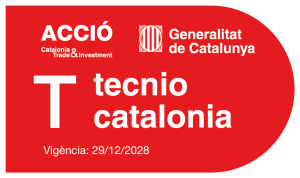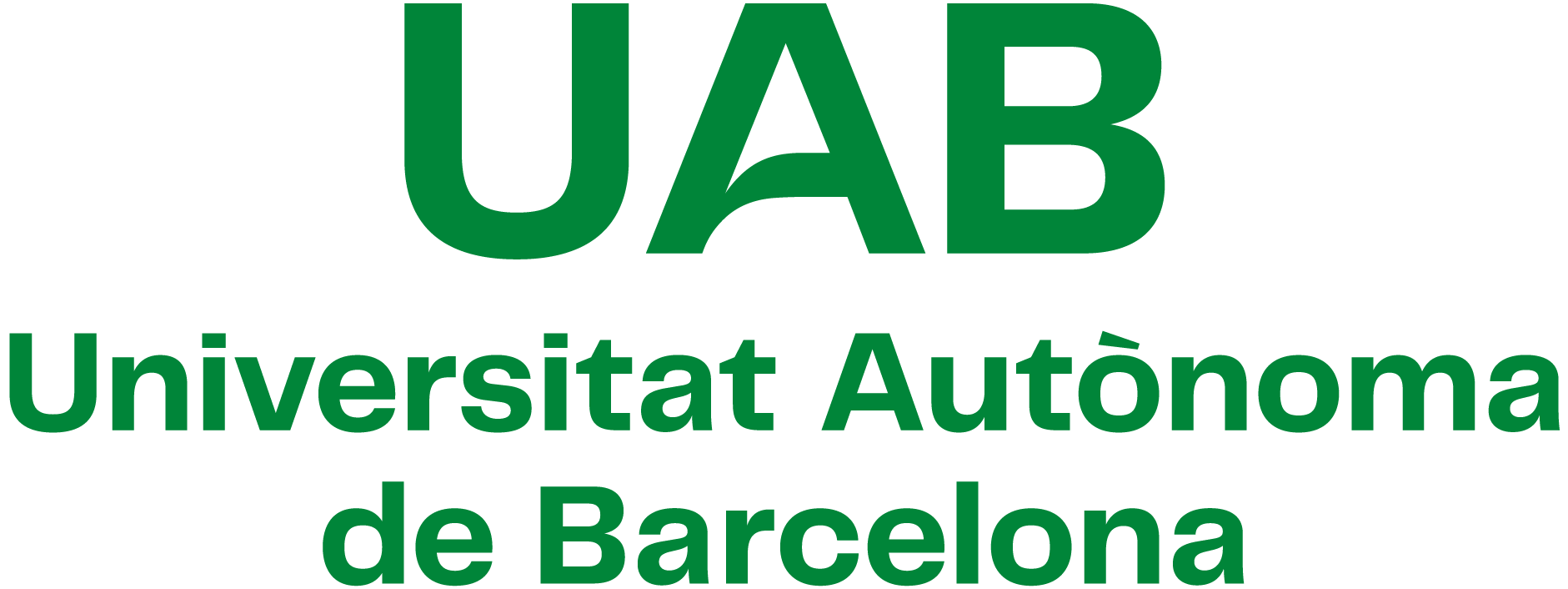Manufacturing processes can reduce the nutritional and organoleptic quality of food. Continuous monitoring of a production process allows it to be stopped at the optimal moment, reducing overprocessing and, therefore, the possible negative impact on these characteristics, minimizing damage to nutrients. Additionally, our technology also allows us to reduce energy consumption and the ecological footprint.
Systems have been developed to continuously monitor, ie., in situ and detect the optimum production end-point: a) of yogurts monitoring the pH, b) of cheeses monitoring the firmness of the gel and/or syneresis (whey drainage), and c ) of meat emulsions anticipating cooking losses inline (weight reduction). On the other hand, our technology allows to control changes in the raw material, such as due to thermal treatments, or on their technological characteristics.
All these systems allow their use at the laboratory level, as well as inline, incorporated in industrial equipment. Our technology is safe, cheap, fast, sensitive and versatile. In addition, as a PAT, it facilitates decision-making at real time, allowing processing conditions to be rectified or modified during production.
The fiber optic sensor laboratory has six miniature UV/VIS/NIR spectrophotometers, a benchtop spectrofluorometer, numerous and varied optical fibers, light sources, filters, polarizers, detectors, three temperature-controlled measurement cuvettes, a CoAguLab , a FluorLite-CoAguLab, several sensors and prototypes, different optical data acquisition systems, two portable programmable logic controllers (PLC) for inline monitoring with optical sensors, and custom software to identify relevant optical parameters.
Our technology is aimed at the agri-food processing industries that require to optimize processes in terms of nutritional, technological and organoleptic quality of the final product, as well as in terms of energy consumption.


